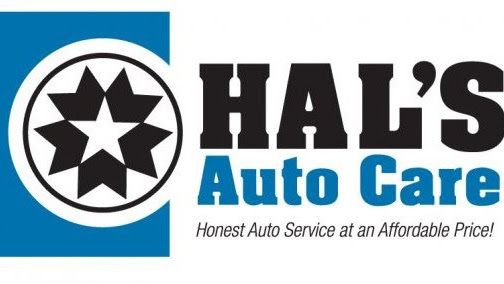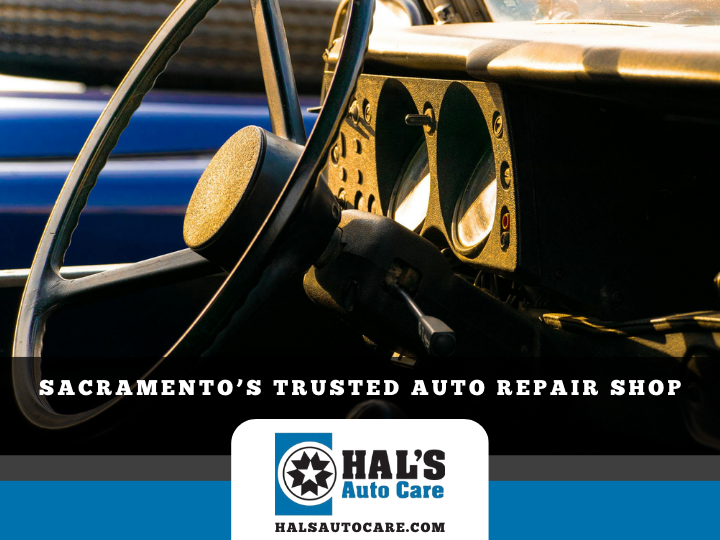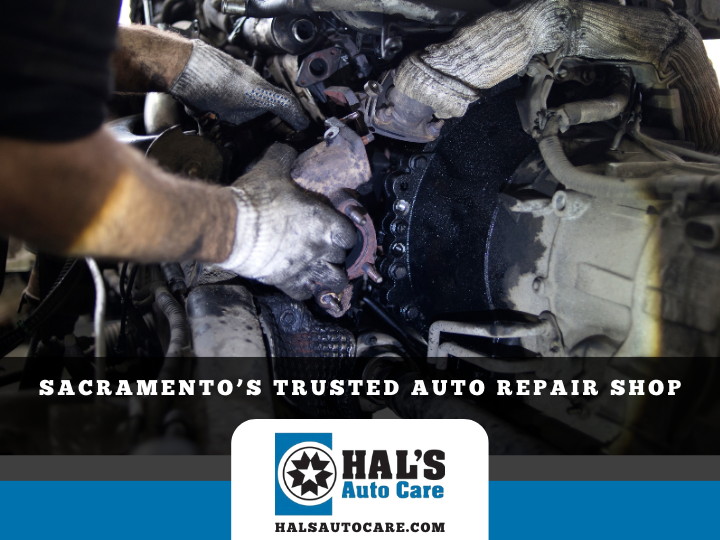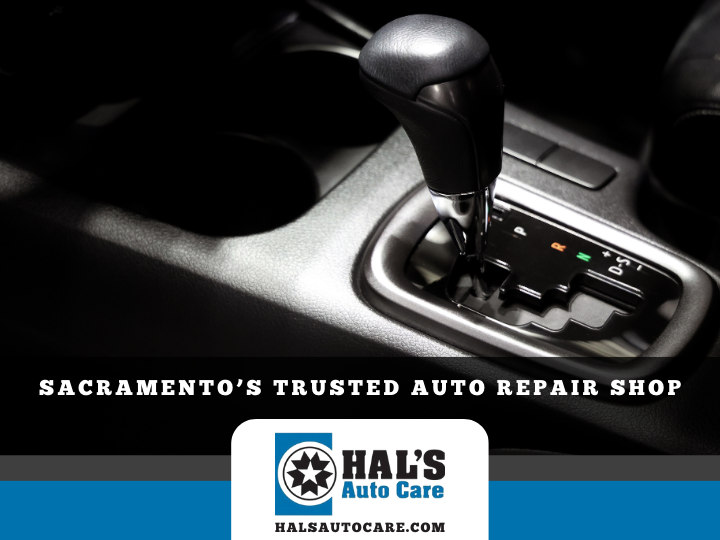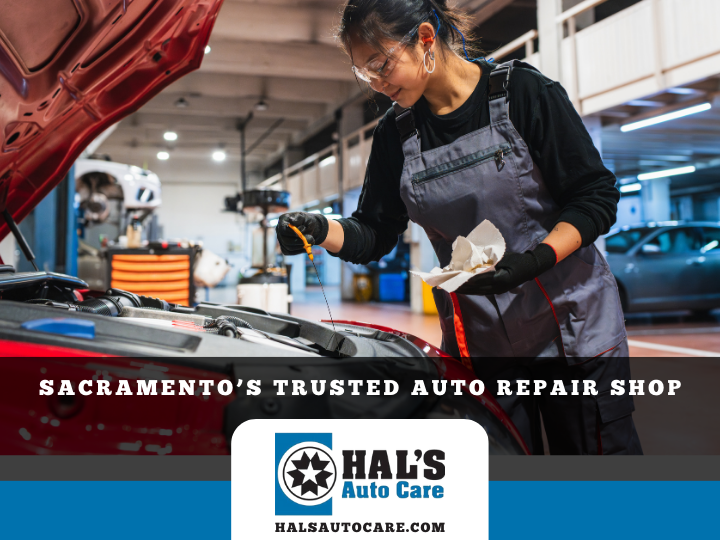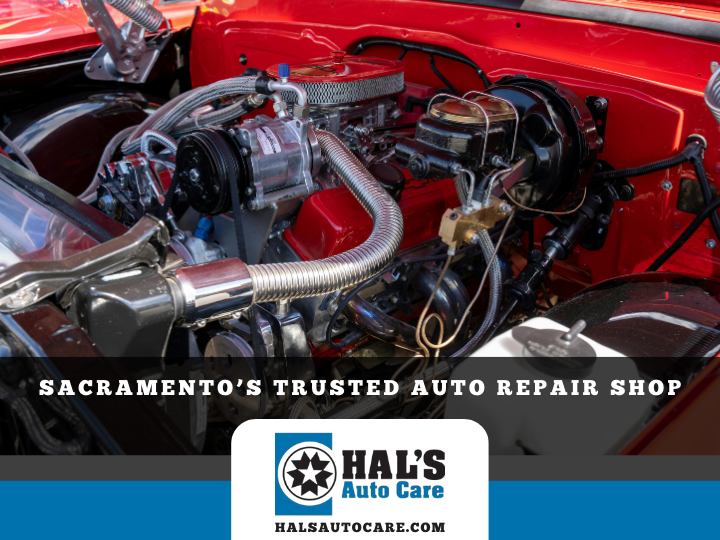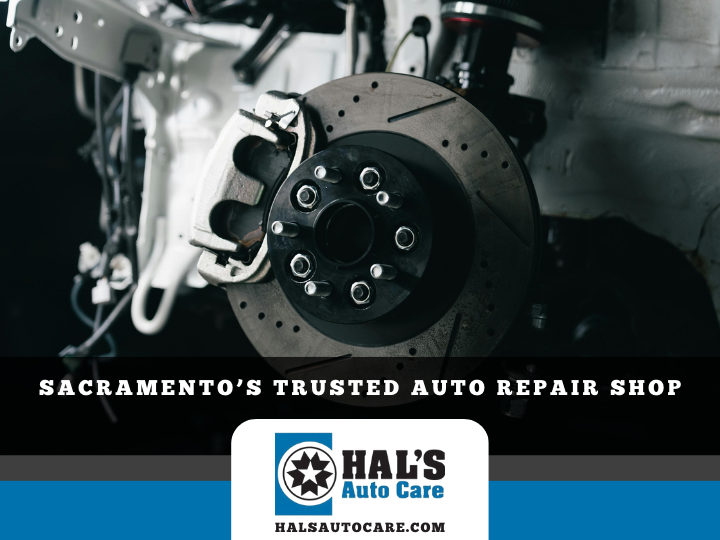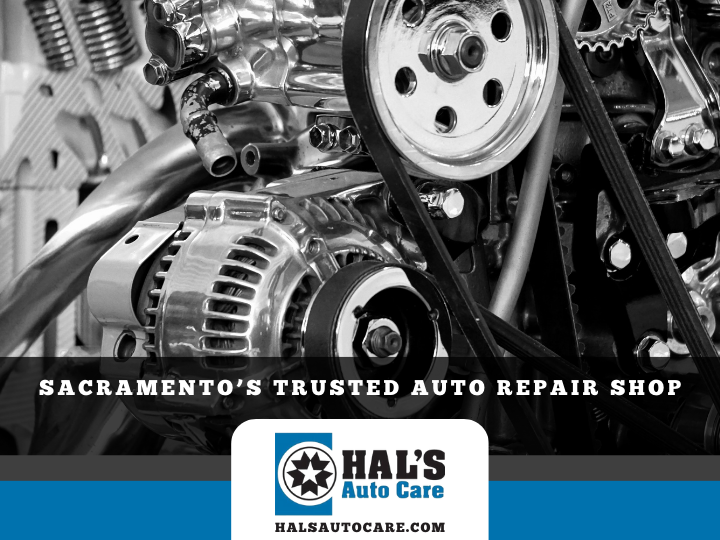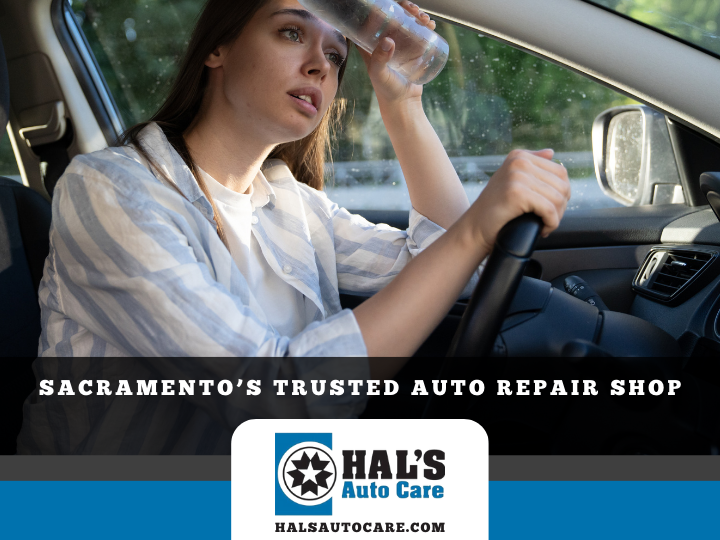Car overheating need nearby shop repair
Me car is overheating and I need nearby auto repair shop
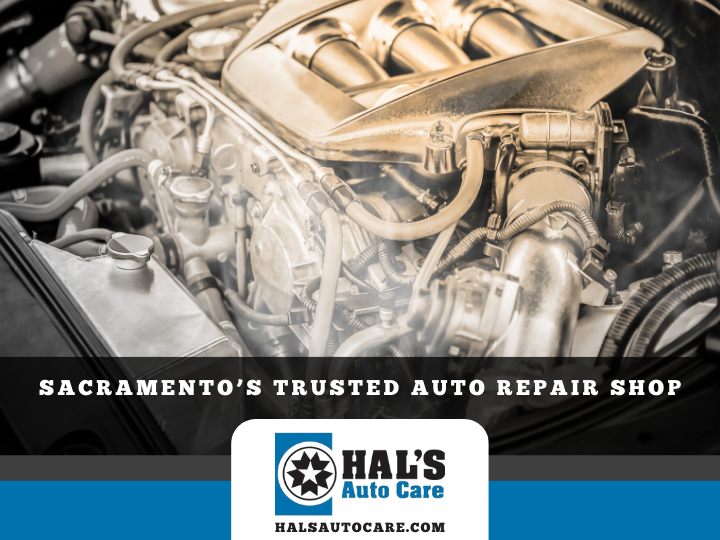
Why Is Your Car Overheating? – Overheating Repair Near Me
An overheating engine is one of the most serious issues a driver can face, leading to costly repairs and potential engine failure if left unchecked. At Hal’s Auto Care in Sacramento, CA, we specialize in diagnosing and repairing overheating problems before they cause major damage. Below, we’ll explore the reasons your car might be overheating and what you can do to prevent it.
What Causes a Car to Overheat?
Your engine runs at an optimal temperature between 195 and 220 degrees Fahrenheit. When it exceeds this range, severe engine damage can occur. Here are the most common reasons your car may overheat:
1. Low Coolant Levels or Leaks
Coolant, also called antifreeze, is essential for regulating engine temperature. If you have a coolant leak—whether from the radiator, hoses, water pump, or head gasket—your coolant levels will drop, causing the engine to overheat. Signs of a coolant leak include puddles under the vehicle, a sweet smell from the engine bay, and steam coming from the hood.
2. Malfunctioning Thermostat
The thermostat controls the flow of coolant between the engine and the radiator. If it becomes stuck closed, coolant cannot circulate, and the engine will overheat. If it remains open, the engine may struggle to reach optimal operating temperature, leading to other performance issues.
3. Radiator Problems
Your radiator is responsible for cooling the coolant before it recirculates through the engine. If it’s clogged with rust, debris, or mineral deposits, or if it has a leak, it won’t function properly. A damaged or inefficient radiator can cause the engine to overheat, especially in heavy traffic.
4. Failing Water Pump
The water pump is responsible for circulating coolant throughout the engine and radiator. If it fails due to a worn-out impeller, broken bearing, or internal leak, the coolant won’t flow as needed, leading to temperature spikes.
5. Broken or Worn Serpentine Belt
The serpentine belt drives the water pump in many vehicles. If the belt breaks or becomes too loose, the water pump won’t function properly, and the engine may overheat. Regular inspections can help prevent belt failures.
6. Defective Radiator Fan
The radiator fan helps cool the engine by pulling air through the radiator when the vehicle is stationary or moving slowly. If the fan motor, relay, or wiring malfunctions, the engine may overheat, particularly in traffic.
7. Clogged Coolant Passages
Over time, contaminants and corrosion can build up in the cooling system, restricting coolant flow. A clogged radiator or heater core can reduce cooling efficiency and cause overheating. Regular coolant flushes can prevent blockages.
8. Low Engine Oil Levels
Engine oil not only lubricates moving parts but also helps dissipate heat. If oil levels are too low, excessive friction and heat buildup can overwork the cooling system, leading to overheating.
9. Blown Head Gasket
A blown head gasket can allow coolant to mix with engine oil or let combustion gases enter the cooling system. This results in overheating and severe engine damage. Signs of a blown head gasket include white smoke from the exhaust, bubbling in the radiator, or rapid coolant loss.
Signs Your Car Is Overheating
Recognizing the symptoms of overheating can help prevent catastrophic engine failure. Watch for these warning signs:
- Temperature gauge moving into the red zone
- Steam or smoke coming from under the hood
- Knocking or pinging noises from the engine
- Coolant leaks or a sweet-smelling odor
- Loss of engine power or sudden stalling
- Illuminated check engine light or overheating warning indicator
What to Do If Your Car Overheats
If your car starts to overheat, follow these steps immediately:
- Pull Over Safely – Find a safe place to stop and turn off the engine.
- Let It Cool Down – Never attempt to open the radiator cap while the engine is hot, as pressurized coolant can cause serious burns.
- Check Coolant Levels – If your coolant is low and you have extra on hand, refill the reservoir carefully.
- Look for Leaks – Check under the car for signs of coolant leakage.
- Call a Professional – Continuing to drive an overheating car can cause irreversible damage. Have it towed to Hal’s Auto Care for expert diagnosis and repair.
Preventative Maintenance to Avoid Overheating
To keep your cooling system in top shape and avoid costly repairs, follow these maintenance tips:
- Check and top off coolant levels regularly
- Inspect hoses and belts for wear and cracks
- Flush your radiator and cooling system at recommended intervals
- Monitor your temperature gauge while driving
- Schedule routine inspections at Hal’s Auto Care
Trust Hal’s Auto Care for Expert Cooling System Repairs
At Hal’s Auto Care, we specialize in keeping your vehicle’s cooling system in peak condition. Our ASE-certified technicians use state-of-the-art diagnostics to identify and fix overheating issues before they lead to expensive repairs.
Don’t wait until your engine overheats—schedule a cooling system inspection today! Call us at (916) 485-9215 or visit us at 2425 Tower Ave, Sacramento, CA 95825. You can also learn more about our services at halsautocare.com.
At Hal’s Auto Care, we’re dedicated to keeping your car running cool and efficiently, no matter the season!
Please watch the video by following the link for more information.


